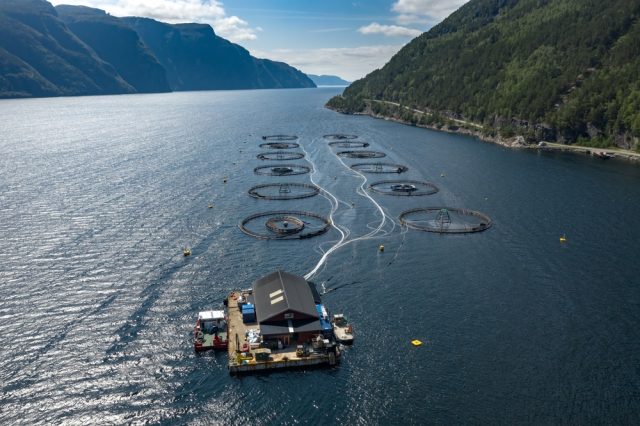
The recent negotiations between the European Union (EU) and Norway to renew the 1980 fisheries agreement highlight the challenges Europe faces in managing its marine resources while defending the fishing communities of its Member States. While the treaty is, for instance, vital for securing access for Spain’s cod fleet to species such as Arctic cod, herring, and blue whiting, it also underscores the tensions European policies create for local economies and livelihoods.
The Spanish case best exemplifies the situation, whose fishing sector is currently experiencing a sustained crisis. EU regulations, particularly those enforcing reductions in fleet size and strict catch quotas, have drastically diminished the number of vessels. With this decline, countless families whose livelihoods depend on fishing have been left struggling. Spain’s cod fleet, which supplies much of the national market, has now dwindled to just four vessels—a stark indicator of how these policies have reshaped the industry.
While EU catch quotas are often justified as essential for sustainability, Spanish fishermen argue that these measures frequently disregard local realities and the substantial conservation efforts they have already made. Spain, internationally recognised for its advanced fisheries monitoring and management systems, often finds itself at a disadvantage compared to countries that are less committed to such stringent regulations.
The agreement with Norway is critical for ensuring that European vessels, including Spain’s fleet, can access the resource-rich northern waters. However, these negotiations often prioritise the collective interests of the EU over the specific needs of individual Member States. Spain, historically a fishing powerhouse, risks being marginalised in the distribution of benefits, particularly compared to northern European countries with similar stakes in these waters.
Norway, not being an EU member, retains firm control over its resources and territorial waters. This grants it a significant advantage in negotiations, allowing it to secure terms that are often less favourable for European fishermen, especially those from Spain. Issues such as quota exchanges and access restrictions remain contentious, fuelling uncertainty and dissatisfaction among fishermen reliant on these agreements.
The EU’s Common Fisheries Policy (CFP), intended to ensure the sustainable management of marine resources, has instead become a source of frustration for fishermen across the bloc, particularly in Spain. Strict rules governing catches, net sizes, and time spent at sea have drastically reduced fishing activity, directly impacting thousands of families who depend on this industry.
Adding to these challenges is competition from third countries like Morocco and Norway, which maintain bilateral agreements with the EU but are not subject to its internal requirements. This imbalance places European fishermen at a disadvantage, with declining activity and diminishing profits, while larger corporations and countries with more lenient regulations benefit disproportionately.
For Spanish fishermen, the impact of EU policies has been profound. Instead of strengthening the sector, these measures have led to widespread hardship. Job losses, an ageing fleet, and a lack of generational renewal are clear symptoms of an industry that feels increasingly neglected. For many coastal communities, fishing is more than just an economic activity; it is a way of life. However, a lack of sensitivity to local realities has resulted in the closure of ports, the disappearance of small family businesses, and the erosion of a tradition that has defined entire regions for centuries.
The agreement with Norway must not become yet another example of the EU prioritising global concerns at the expense of its local communities. Safeguards are needed to ensure that Spanish fishermen have fair access to resources and equitable conditions in which to compete. Failure to address these issues risks further alienating an already struggling sector.
Spain’s fishing industry, once a symbol of prosperity and cultural identity, now faces the threat of extinction under the weight of EU policies. While these regulations are often presented as necessary for sustainability, their implementation frequently overlooks the human and economic cost borne by vulnerable communities. The negotiations with Norway present a crucial opportunity for the EU to demonstrate that it can balance its global priorities with the protection of its workers and the preservation of a way of life that remains vital to countless coastal regions.
By addressing these inequalities and safeguarding the interests of those most affected, the EU can show that it is capable of managing its resources responsibly while upholding the values of fairness and solidarity that it claims to represent.



 Subscribe
Subscribe